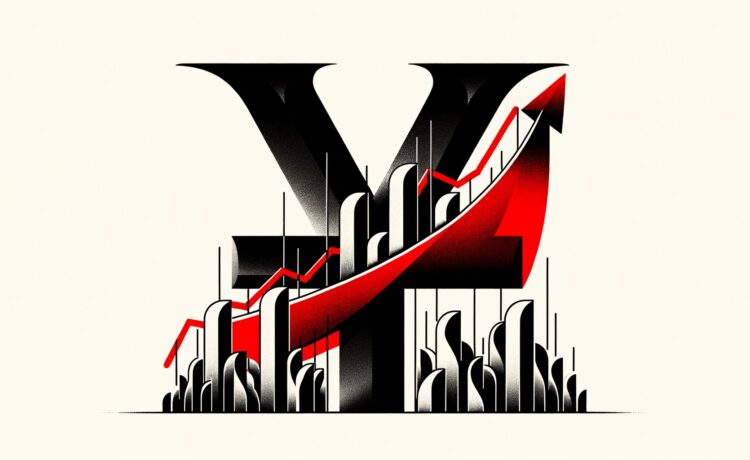What’s going on here?
Hedge funds are bullish on the Japanese yen for the first time since March 2021, flipping from a $14 billion short position to a $2 billion long position.
What does this mean?
In a historic shift, hedge funds and speculators have become net long on the yen, driven by a hawkish Japanese rate hike, yen-buying intervention, and increased safe-haven demand amid US stock market volatility. Just seven weeks ago, these funds were heavily betting against the yen, holding a net short position of 184,000 contracts worth $14 billion. The yen appreciated over 7% in July, becoming the best-performing G10 currency against the dollar. However, its future remains uncertain as market volatility wanes and the US economy’s robust growth continues to make yen-funded carry trades appealing but risky.
Why should I care?
For markets: A seismic shift in currency bets.
The yen’s newfound popularity signals a significant shift in market sentiment. Analysts at Rabobank emphasize the yen’s robust performance in July, while Goldman Sachs remains wary of a sharp dollar decline. Morgan Stanley warns of sustained volatility potentially triggering further liquidation of yen carry positions. The increased measures of implied volatility in the dollar/yen pair highlight ongoing market uncertainty, urging investors to stay vigilant.
The bigger picture: Japan’s inflation and global implications.
Japan’s inflation rate is expected to hit 2.7%, the highest since February, pushing the Bank of Japan (BoJ) towards continued policy tightening. In contrast, the US Federal Reserve (Fed) is gearing up for rate cuts amid 2% annualized economic growth, per the Atlanta Fed GDPNow model. This divergence in monetary policy could have significant implications for global markets, particularly in currency trading and interest rate differentials.














